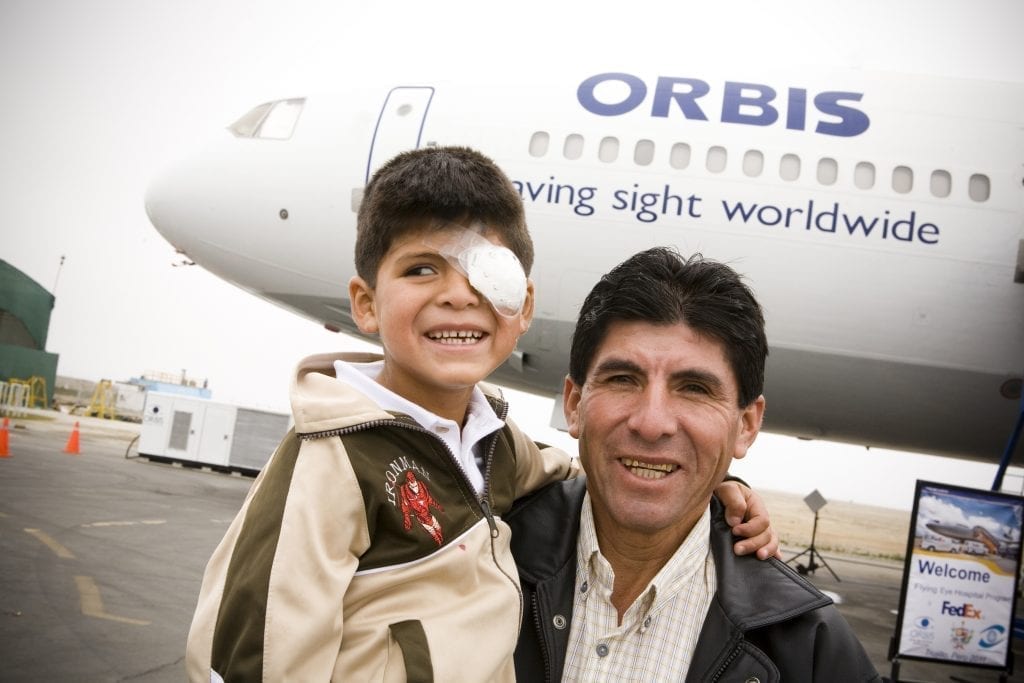
College campuses are usually regarded as protected environments which makes incidences of violence more shocking and evoking questions about whether any environment can be protected today.
Various studies indicate that students generally experience a lower victimization rate for all crimes except rape/sexual assault. Sexual assaults are a serious concern on college campuses and in most cases, they involve people who know each other and the use of alcohol or drugs. Any type of violence can have a severe impact on student well-being.
Types of violence
Students may experience many types of campus violence – including rape, assault, dating violence, sexual harassment, hate and bias-related violence, stalking, and even self-harm and suicide.
Estimates of college violence often vary widely because students may be too embarrassed to report certain types of violent crime, such as sexual violence. All types of violence have significant consequences for the victims, perpetrators, and the college community.
A wide range of consequences
Victims of violence experience a wide range of physical and emotional consequences, often leading to social and academic difficulties. Students may restrict their activities due to fear for their safety and violence also affects the bottom line of colleges as it increases costs, lowers retention and absorbs resources that could otherwise be used to further their academic mission.
A failure to institute basic measures such as educating students about common types of violence, creating and enforcing strong anti-violence policies, addressing alcohol abuse and reviewing incidents with the aim of preventing future incidents may expose colleges to legal action. Any programs to address violence have to be based on data to be effective.
Mental health problems
Victims of sexual violence usually report feelings of shock, fear, agitation, confusion and social withdrawal immediately after being assaulted. They are at higher risk for mental health problems, such as anxiety, depression, anorexia, bulimia, insomnia, and suicide. Anxiety may present as generalized anxiety disorders, social phobia, or post-traumatic stress disorder (PTSD). PTSD includes symptoms such as problems sleeping, flashbacks, nightmares and emotional detachment.
Emotional health consequences
Fear of violence can prevent students from attending lectures which in turn affects their academic performance. They may even drop out of college altogether. Fear, therefore, introduces barriers to a safe and healthy learning environment. Students who are victimized by others and experience hate and bias-related violence can suffer from fear for their safety. Emotional trauma can linger for years and affect nearly every area of students’ lives.
Essay help for students on the topic of college violence
Students often experience difficulty at college when they have to complete assignments, study for exams and attend lectures. Reading a free essay sample is often a good way to improve their own essay writing skills, which helps in their future education. They can find selected essays on violence on Samplius, such as “The impact of violence on television and in video games on society” etc.
Anti-social, risky behavior
Significant amounts of research show that within a week of a sexual assault, a victim shows most of the diagnostic criteria for PTSD and this leads to higher rates of self-medication. Victims are at higher risk of abusing alcohol and other substances.
Victims who did not use alcohol or other substances before the sexual assault tend to use frequently after, and those who did use before use at a much higher rate than before. This also tends to lead to more high-risk, anti-social behavior. Victims of sexual violence may have an obsession with sexual activity and an inability to sustain healthy relationships.
Academic performance consequences
The impact of sexual violence on the progress and success of college students is well documented in academic reports and statistical information based on self-reported surveys and general research. One explanation for this is that the sleep patterns of victims change, which increases the amount of the stress hormone cortisol in the body.
Both sleep disruption and increased cortisol production have been shown to negatively affect academic performance. More research needs to take place into why violence and academic underachievement is related.
Conclusion
Campus violence in all its forms is a complex problem with no easy solution. Sexual violence is one of the biggest problems and it can have serious mental, emotional and physical consequences on the victims and the college communities in which they live. The consequences can affect every area of students’ lives and follow them long after they leave college so it’s imperative that colleges do everything they can to find solutions.
Author’s Bio
Michael Turner loves writing and it’s his passion for writing that has helped him scale new heights in the writing industry. Whether it’s blogging for premium sites or freelance academic writing assignments from college students, he works on everything diligently and loves delivering the best work that people would love.